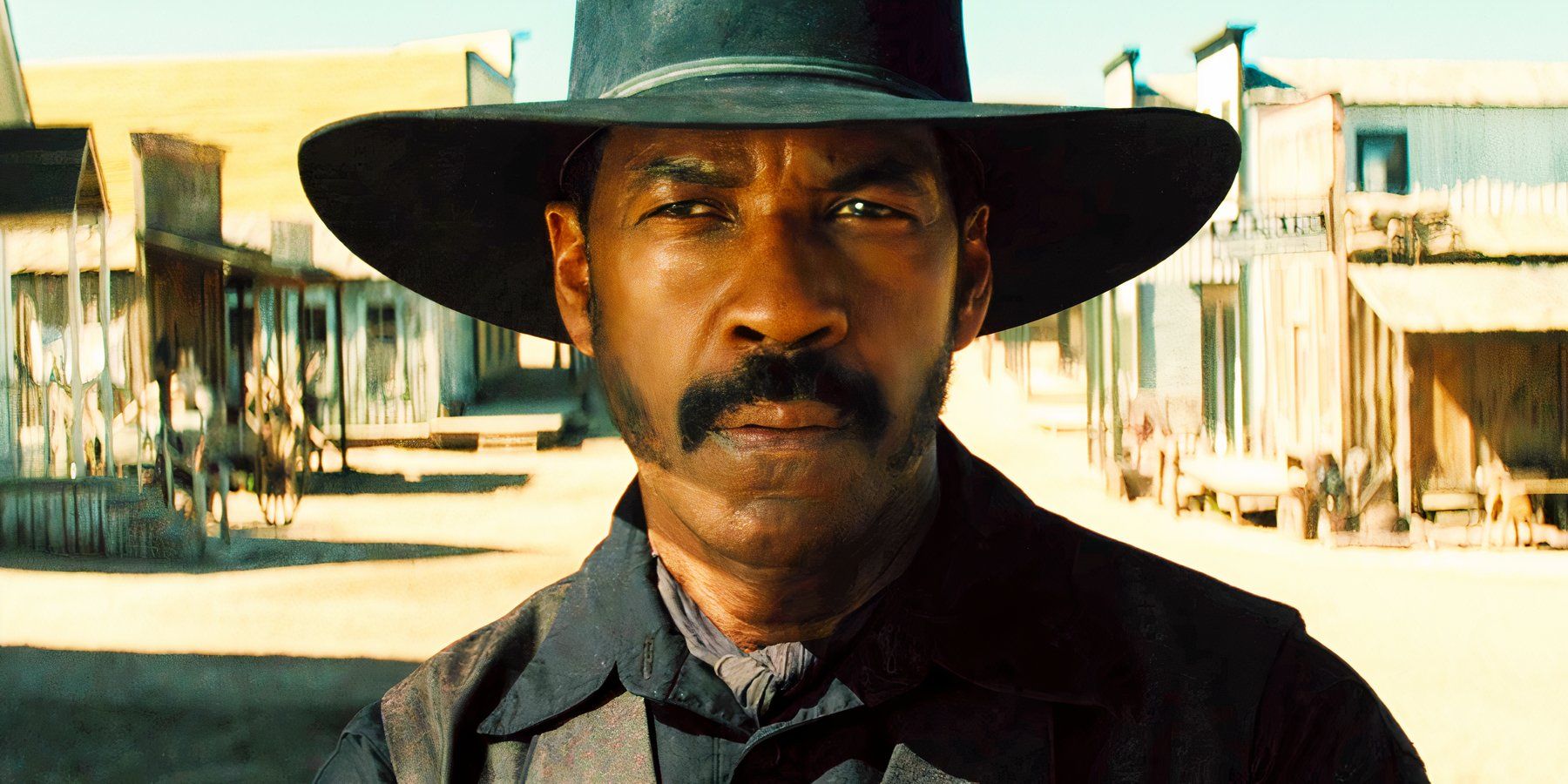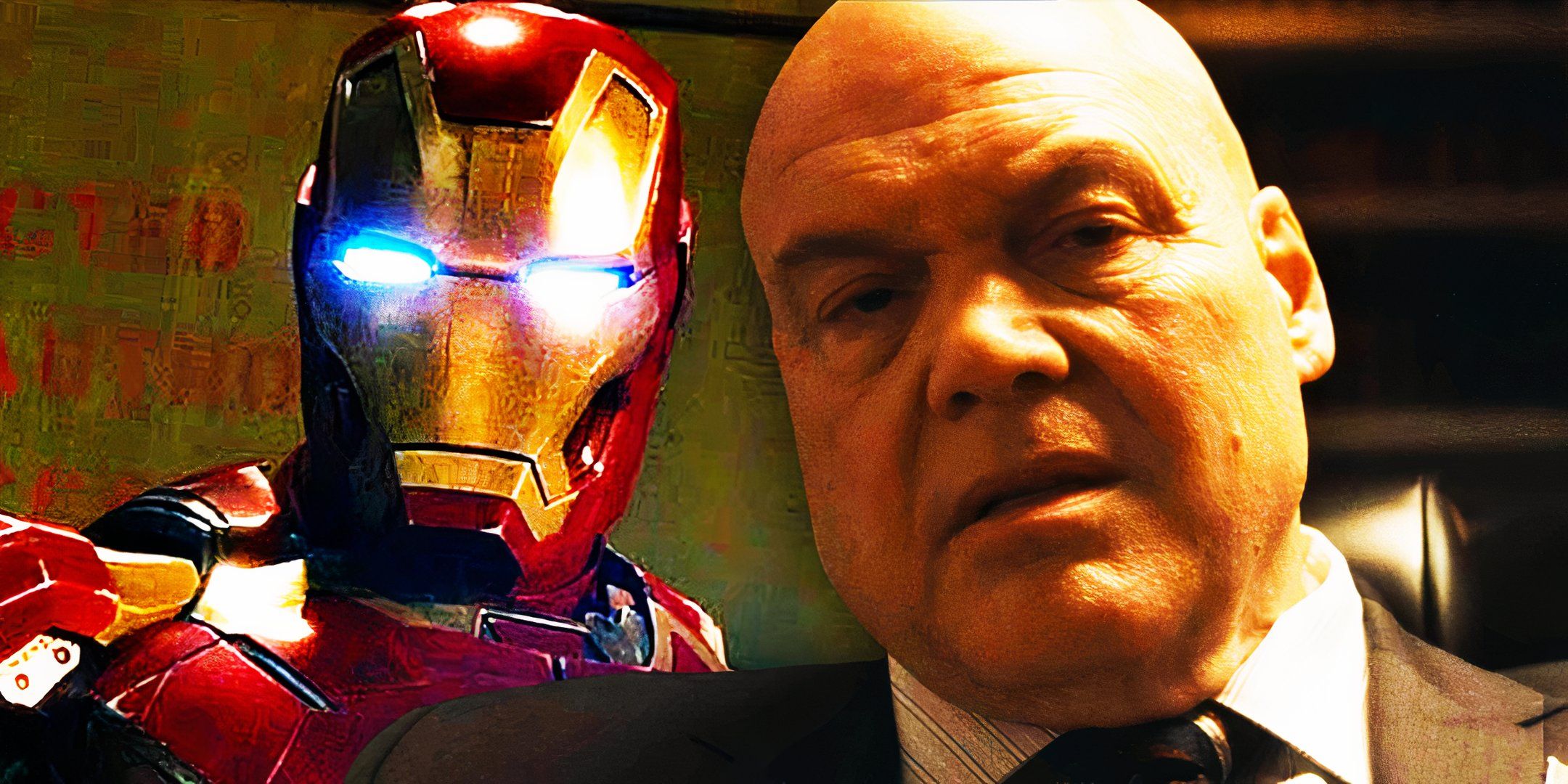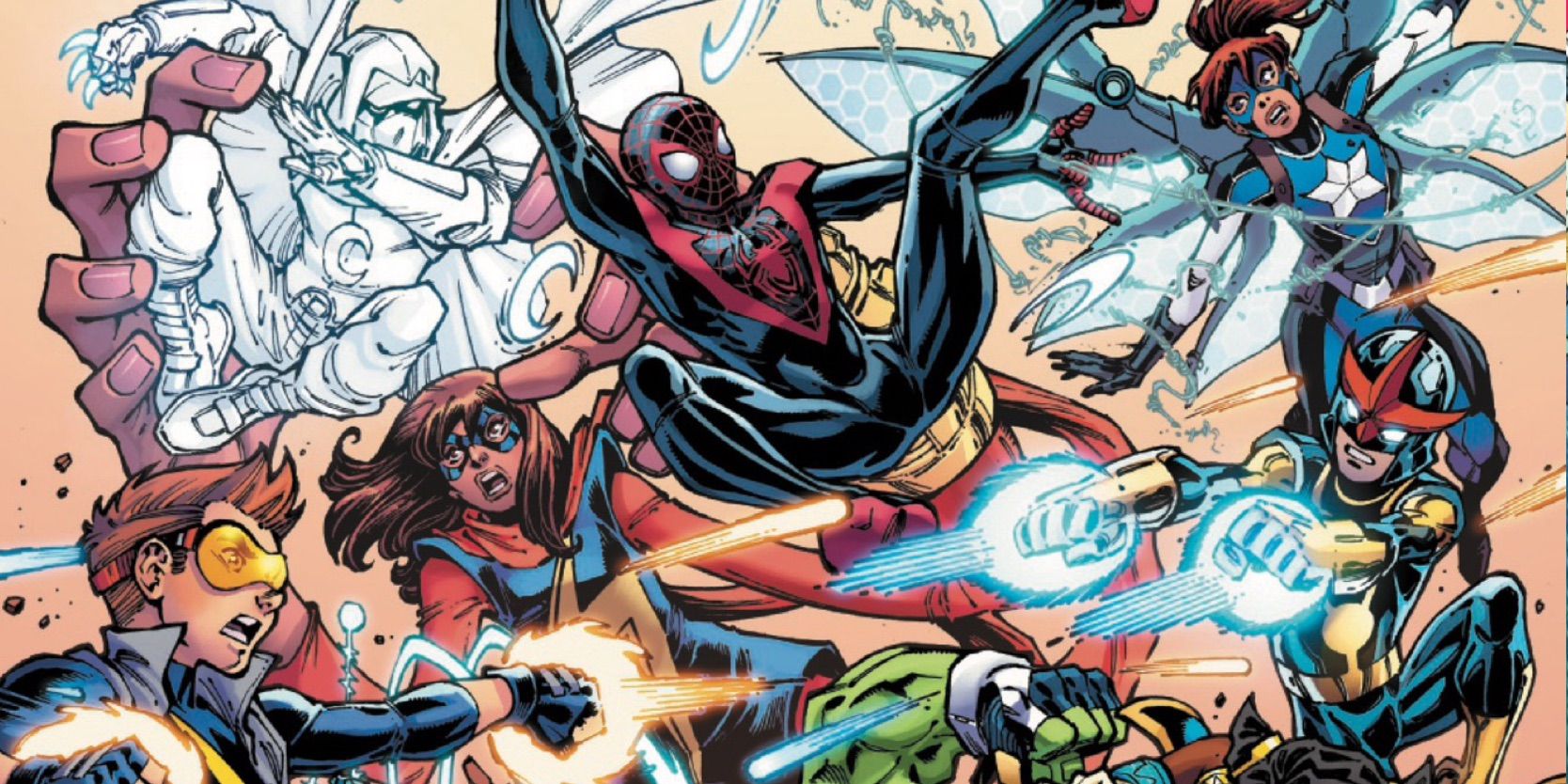"Alleged Fairness Of This Remake": Why Denzel Washington's 2016 Western Remake Gets Poor Accuracy Score Explained By Expert
Summary A cowboy and historian criticizes The Magnificent Seven remake for its depiction of its only Asian character, which plays into historical stereotypes.
The 2016 remake also features the trope of townspeople being rallied to fight as a small army, which isn't historically accurate.
2016's The Magnificent Seven, which stars Denzel Washington and Chris Pratt, earned mixed reviews and was a box office disappointment.
Old West historian Michael Grauer analyzes scenes from 2016's The Magnificent Seven remake, revealing that the film lacks accuracy in many areas. Directed by Antoine Fuqua, the Western film serves as a remake of John Sturges' 1960 film of the same name, which is itself an Americanized remake of Akira Kurosawa's Seven Samurai from 1954. Fuqua's The Magnificent Seven stars Denzel Washington as Chisolm, the leader of the titular seven, with Chris Pratt, Ethan Hawke, and Vincent D'Onofrio also starring.
In a recent video for Insider (relevant section starts at 8:26 below), Grauer, a real-life cowboy, takes a look at select scenes from The Magnificent Seven, including one involving Lee Byung-hun's Billy Rocks.
Grauer takes issue with various aspects of the film, including its portrayal of its only Asian character. Check out select comments from Grauer below, as well as his low score for the film out of 10:
“It’s a farce. ‘Why don’t we do it for real?’ I mean, seriously. Come on. Somebody’s going to get killed or somebody’s going to jail. In spite of the alleged fairness of this remake of The Magnificent Seven, the key that this Asian actor is an assassin speaks to the whole idea that there was a belief that Asians were devious. “There was a large population of Asians, primarily on the West Coast, moving inland into the mining communities, as well as part of building the Transcontinental Railway. But they tended to be looked on as some kind of other, and of course, ultimately as untrustworthy. “It’s become a Western trope, you know, inspiring the townspeople to fight for themselves. But I don’t know of any instance where townspeople line up sandbags along the balconies and fortifications all over town. And then you’ve got the Old West equivalent of a machine gun with the Gatling gun, and of course he’s five hundred yards away. So how accurate is that from five hundred yards? […] “It seems to me the entire philosophy in this entire scene was ‘the more bullets the better.’ Four [out of 10].”
Was The Magnificent Seven Remake A Success Despite Its Inaccuracies?
How The Antoine Fuqua Film Fared Critically & Commercially
Both Seven Samurai and 1960's The Magnificent Seven are widely beloved films, which certainly put pressure on Fuqua's remake. The script for the new film was penned by Nic Pizzolatto, who is best known for creating True Detective, and Richard Wenk, who wrote all three installments of Fuqua's Equalizer trilogy, which also starred Washignton. From a critical perspective, 2016's The Magnificent Seven failed to live up to its predecessors, but it was by no means widely panned.
2023's The Equalizer 3 marked Washington's final outing as former government assassin Robert McCall.
Reviews for 2016's The Magnificent Seven were mixed to somewhat lukewarm, and the film currently has a 64% on Rotten Tomatoes. The audience score is a slight improvement at 71%, suggesting general movie-goers enjoyed the film more. Unfortunately, this generally positive audience reception didn't translate to The Magnificent Seven becoming a box office success.
Related Every Antoine Fuqua Movie, Ranked From Worst To Best (Including The Guilty) Antoine Fuqua boasts an impressive roster of action and drama titles, but which is king? Here's every Antoine Fuqua movie, ranked worst to best.
Made on an estimated budget of $90 million, The Magnificent Seven remake grossed $162.4 million worldwide. Using the standard Hollywood rule of thumb, which accounts for marketing spend and theaters' cuts, the remake was probably looking at a break-even point of roughly $225 million, making it a commercial disappointment. The film, then, helped reinforce the idea that Westerns just don't have a wide audience appeal. And judging from Grauer's commentary, The Magnificent Seven remake clearly doesn't have historical accuracy going for it either.
Source: Insider











COMMENTS